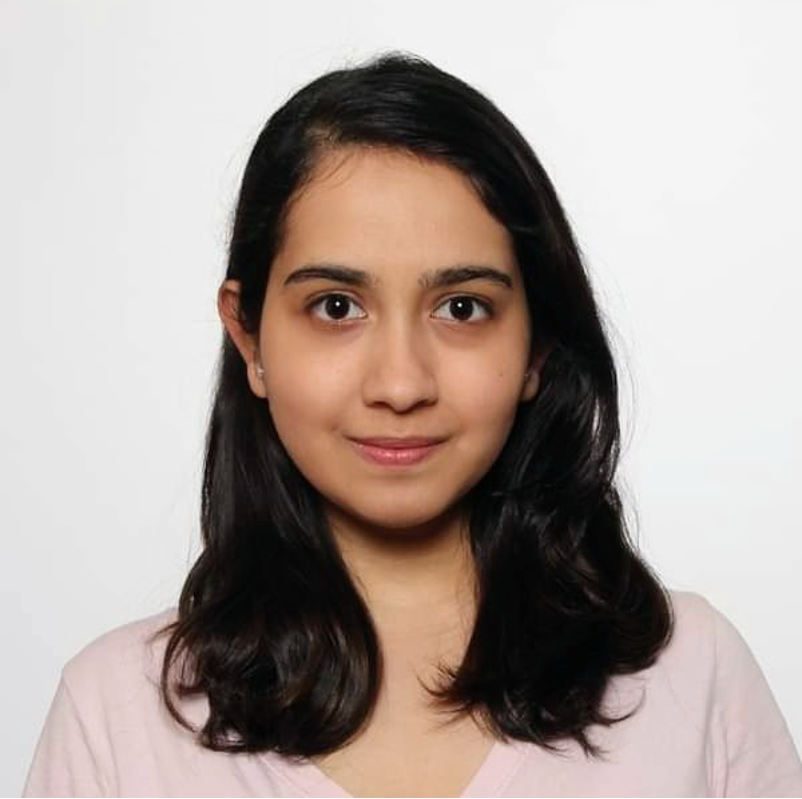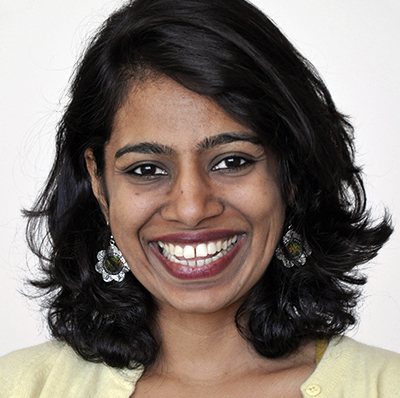Organizer’s Information
Banhishikha Ghosh

Banhishikha Ghosh completed her PhD in 2022 under the supervision of Prof. Dr. Johannes Quack and is currently a teaching staff at the Department of Social Anthropology and Cultural Studies (ISEK), University of Zurich. Her PhD research deals with working-class queer identities in the Global South, as she uses a standpoint methodology to address the lived precarities of marginalised queer identities who do not conform to conceptual categories of Global North to recon intimacy and sexuality. In many ways, her research problematizes how civil society discourses and funding mechanisms originating in the Global North lead to the creation of unidimensional queer intimacies in the global south, thereby disenfranchising the other amorphous forms of queering that simultaneously coexist. She has a Master’s degree and M. Phil from CSSS/SSS, Jawaharlal Nehru University, New Delhi. She has previously worked with gender non-conforming communities in West Bengal, Tripura, Kerala and New Delhi. She has also conducted documentary research in the National Archives of India, wherein she looked at the administrative debates surrounding the identification of gender non-conforming individuals as Criminal Tribes in Northern India, spanning the time period from 1865 to 1875.
Paridhi Gupta

Dr Paridhi Gupta is a Swiss Excellence Postdoctoral Scholar (EKSAS) under the chair of Prof. Dr. Johannes Quack at the Department of Social Anthropology and Cultural Studies (ISEK), University of Zurich. She holds a PhD in Gender Studies from the Centre of Women's Studies (CWS), Jawaharlal Nehru University (JNU), India. Paridhi’s research has dealt with questions of feminist articulations in South Asia. She has used standpoint methodology to understand the immediate experiences of women activists and their relationship to the space around them. The global North scholarship has often approached them through the dichotomous framework of victim/ resistor, failing to acknowledge the liminal spaces which produce the identity of the female activist in South Asia. Therefore, her work underscores the importance of contextual approaches that explain the intimate phenomenon of identity formation, solidarity building and resistance that takes place within these spaces. Thus, also giving primacy to the voice of the global south activist, and her relationship to transnational feminisms.
Dominik Folger

Dominik Folger is a research assistant at UZH’s Department of Gender Studies and Islamic Studies. In his research, he uses gender as an analytical category and uses a decolonial, feminist methodological approach. He is interested in representation theories, political transformation processes, and transnational, as well as decolonial feminism(s). To shed light on how power and political representation are interconnected, his PhD project analyzes power relations in local and regional settings. A key aim of the research is to move beyond the concept of representation as a feature generated primarily at the top level of society and radiating down into it. He holds a Master's degree in Middle Eastern Studies from Friedrich-Alexander University Erlangen-Nuernberg and is a graduate of the Aga Khan program on "Gender in Muslim Contexts ”. Through several research collaborations with institutions in the Global South, he seeks to establish formats for a contextualized approach toward decolonizing knowledge. Dominik Folger hopes to strengthen these practices by hosting this conference.